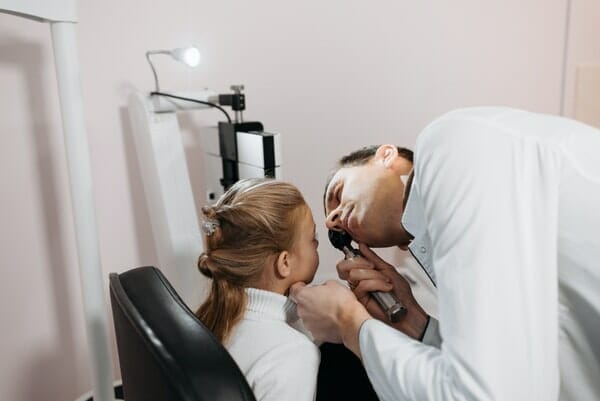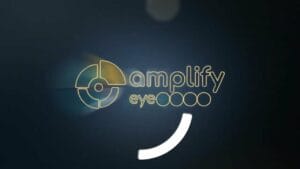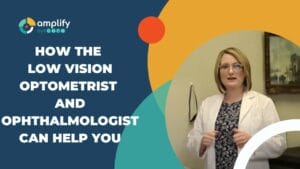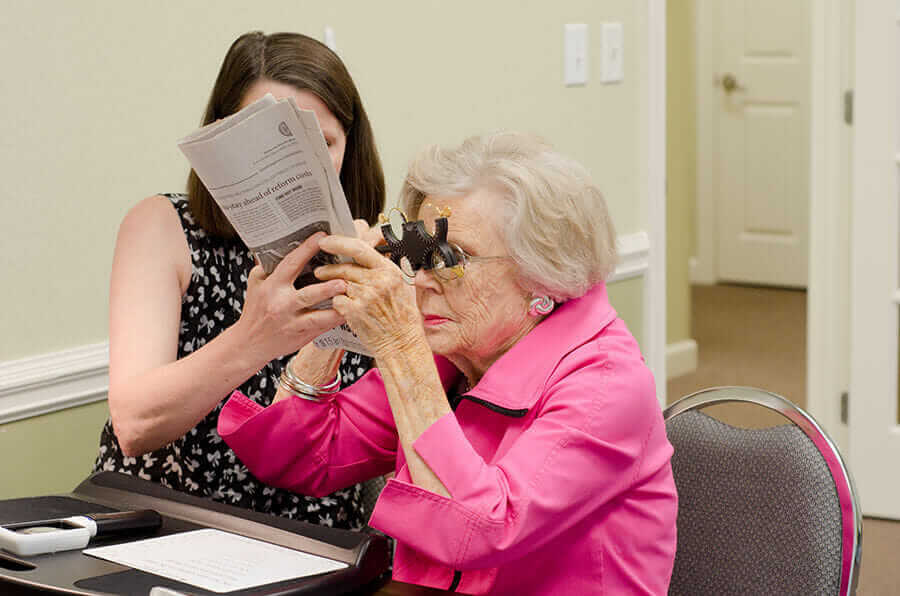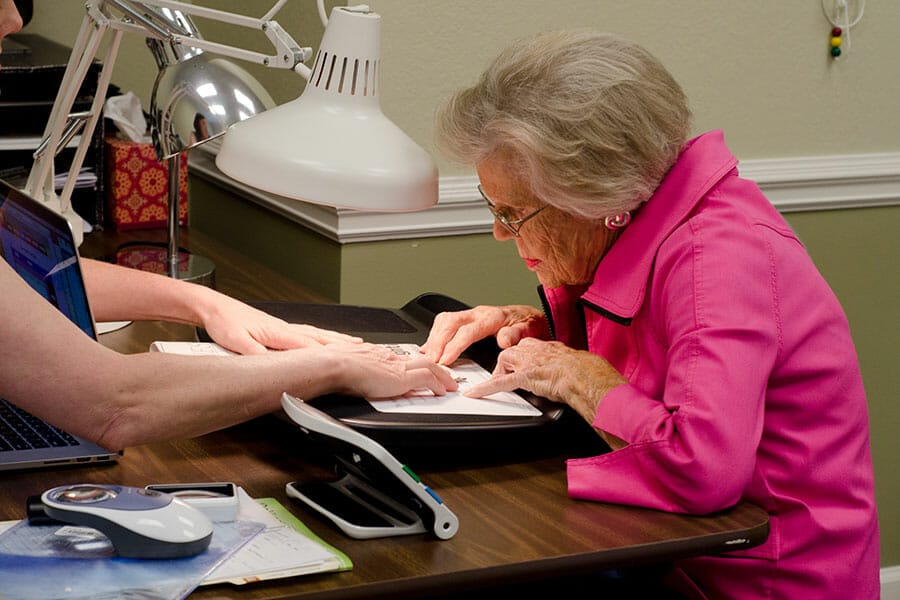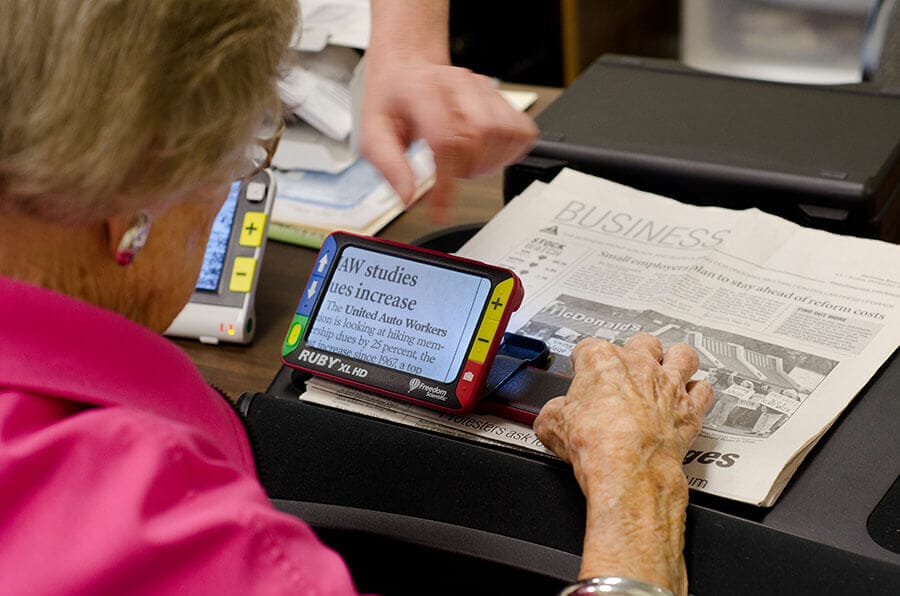Low vision affects different aspects of vision: Peripheral: Peripheral vision is critical for detecting and aiding movement and motion. "Corner of the eye" vision is useful in sports and recreation. People with peripheral difficulties struggle with objects outside their central line of vision. Central: Primary vision is more detailed than peripheral vision. The blind spot from central vision loss affects our ability to detect faces. Depth perception: Impairments in depth perception affect our sense of space and distance, both of objects and of ourselves. Contrast sensitivity: Vision impairments that involve complications in detecting contrast, are often responsible for hazy vision.

